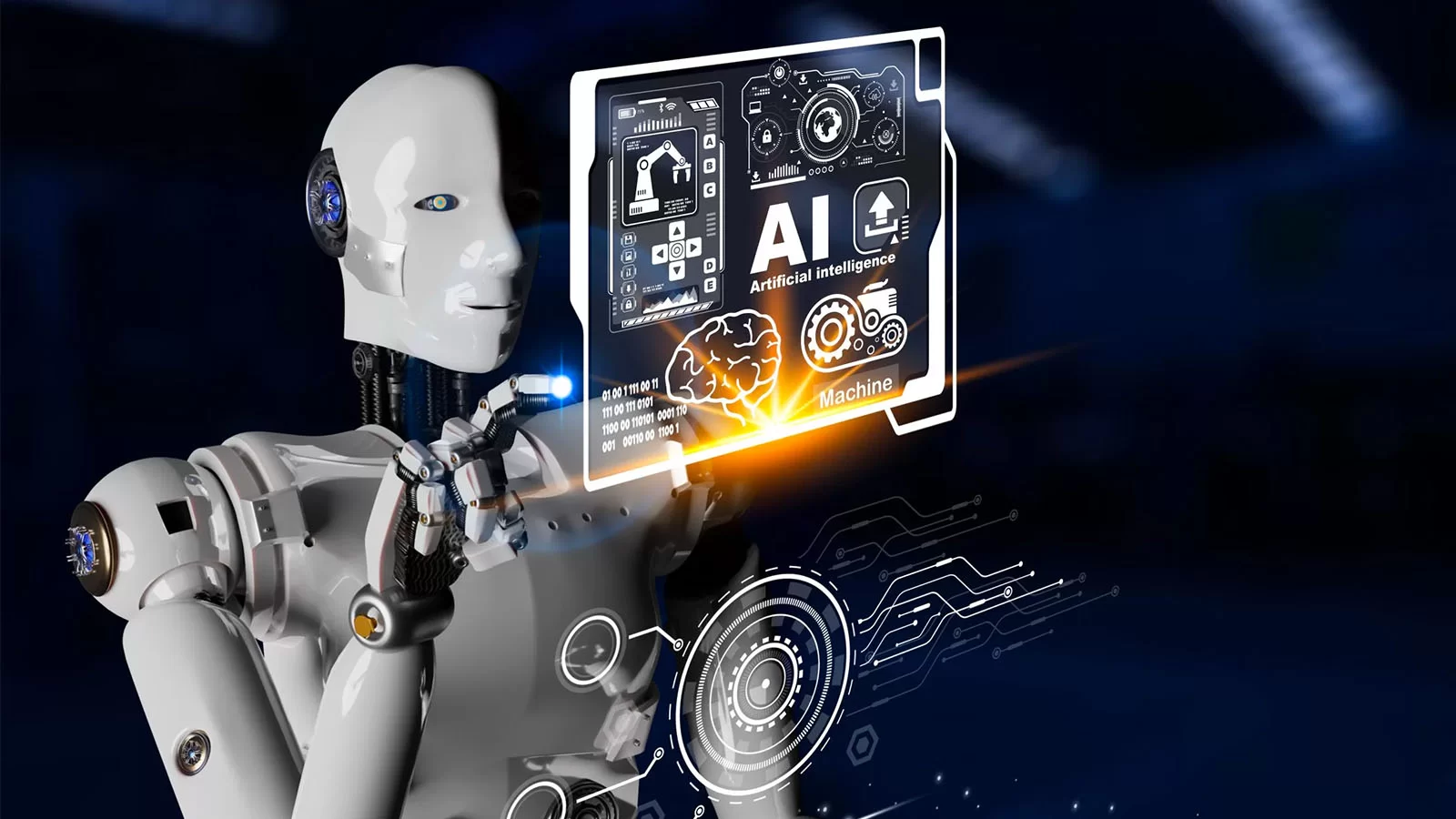The business world is abuzz with talk of artificial intelligence (AI). A recent McKinsey survey found that a whopping 55% of businesses are already using AI in some capacity. Whether you’re at a startup or a company that’s been around for decades, you’ve likely considered how AI might impact your workplace.
At Marriner, we believe AI presents both exciting opportunities and potential pitfalls for businesses of all sizes—but we understand the pace of innovation today is dizzying. It’s nearly impossible for one person to keep up with every new AI development. That’s why, as an agency, we’re constantly on the lookout for ways AI can benefit both our team and our clients.
Recent developments in AI boast features like automated website creation, logo design, and content generation for emails and social media. It sounds like a dream come true for busy business owners, saving them valuable time and resources. We wouldn’t blame any company for jumping on this AI bandwagon—but in our quest to learn more about AI, we’ve identified some potential roadblocks to consider. Here are a few things to keep in mind:
The output is only as good as your prompt.
The quality of the results you get from AI tools hinges heavily on the quality of the information you feed them. Inaccurate or low-grade data can lead to subpar outcomes, canceling out the efficiency gains you might have hoped for.
It’s easy to blend in with the crowd.
While AI can churn out content quickly, there’s a risk of sacrificing originality. With more and more companies turning to AI, online branding and marketing materials could start to look and sound the same, making it difficult for your business to stand out.
There’s always a need for humanity.
We already interact with AI in our daily lives more than we realize. While AI can be a powerful tool, overreliance on it can lead to a disconnect in customer interactions and marketing efforts. Don’t let convenience overshadow creativity and innovation.
Privacy matters.
AI’s ability to collect, analyze and leverage vast amounts of data can raise significant privacy concerns. Consumers are rightfully worried about how their information is being used by AI companies. As a business owner, you should be prepared to answer questions and address privacy concerns when they ultimately arise.
Ownership becomes an issue.
Currently, logos and content generated through AI aren’t eligible for trademark protection. This could pose a challenge for businesses trying to establish and protect their brand identity.
The bottom line? There are lots of AI tools out there that can streamline your processes, but remember, they’re not magic. Shortcuts in marketing rarely lead to lasting success. Human creativity is what allows marketers to think outside the box, experiment with fresh ideas and craft truly engaging messaging that resonates with a specific audience.
AI can be a valuable asset, but a thoughtful team with a deep understanding of your brand and target market will always be your secret weapon for building meaningful connections with your customers. And we wouldn’t mention thoughtful teams without recommending our own—we’re a group of authentic, curious, clarity-driven individuals, and we believe in using AI as a tool to complement our skills and drive efficiency for our clients. If you’re ready to build a brand that endures—beyond those created by robot overlords—reach out to David Melnick at [email protected] or 410.336.1000.
